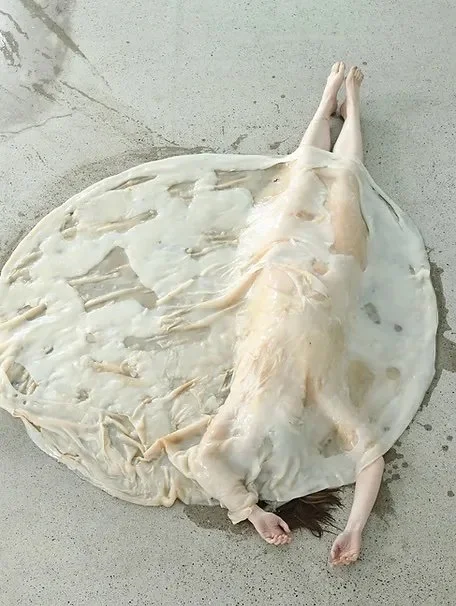Mushroom Methods Workshop. New Directions for Researching Fungal Futures
There is something underfoot. They were not there recently. Yet, seemingly overnight, they sprouted up above the surface and forced the world to notice. The mushrooms are here, and they are having a moment.
In many academic disciplines, and in many areas of social life, fungi are being re-discovered, and starting to be worked with in new ways. Mushrooms have been called »world-makers« for their abilities to bind the lives of humans, plants, animals, and soils together (Hathaway 2022), celebrated for their contribution to ecological stability and health (Talbot, Allison, and Treseder 2008; Phillips 2017), investigated for the therapeutic benefits of their properties (Johnson and Griffiths 2017; Borgwardt, Johnson, and Müller 2020; Davis et al. 2021), mapped within citizen science conservation initiatives (Heilmann-Clausen et al. 2019; Sieniatlas 2023; SPUN 2023), distilled for novel chemical components and supplements (Syarifah et al. 2022; KÄÄPÄ 2023), and employed to design art, clothing, furniture, and building material (Ross 2017; Grunwald, Harish, and Osherov 2021; Koppanen 2023). At the same time, fungi are still seen as a threat to everything from human heritage and health (Sterflinger 2010; Sterflinger and Piñar 2013; Kwaśna and Kuberka 2020; Azeem, Hakeem, and Ali 2020) to the integrity of buildings (Ortiz et al. 2014; Embacher et al. 2023), and even to seeds of a zombie apocalypse (Mazin 2023; Pelley 2023).
As demonstrated by this flurry of activity, Kingdom Fungi carries the promise of transforming how humans relate to and live in a changing world in nuanced and dynamic ways. However, interdisciplinary efforts at engaging with fungal futures continue to be limited, and the transdisciplinary potential of mushroom research (i.e. with active participation of the non-academic public) is also under-explored. The purpose of this symposium is to bring together fungal experts from social science, humanities, and natural science disciplines, as well as artists, professionals, and members of the interested public from Finland, the Nordics, and beyond to explore how we may produce mushroom knowledge, and for what purposes.
